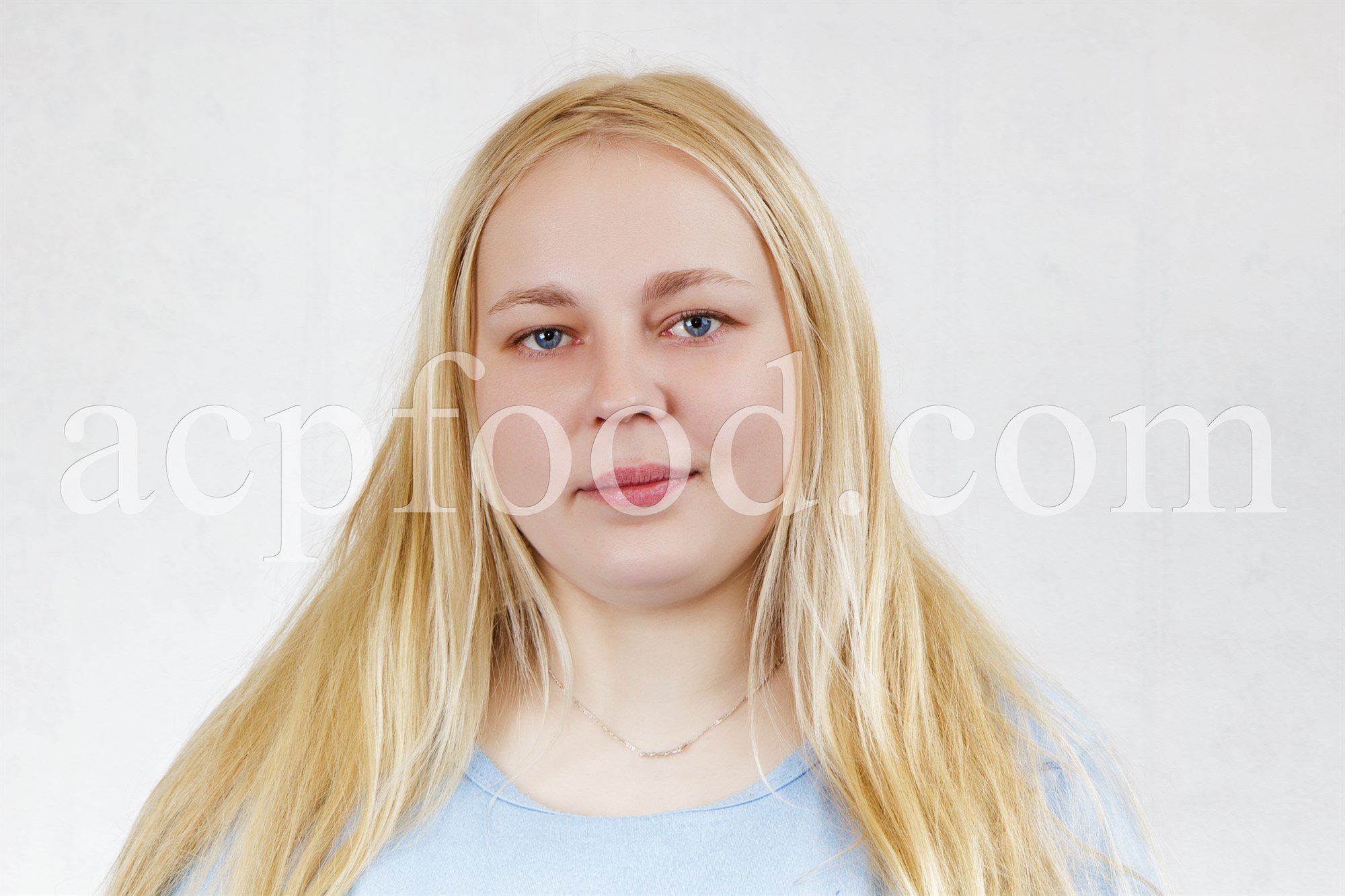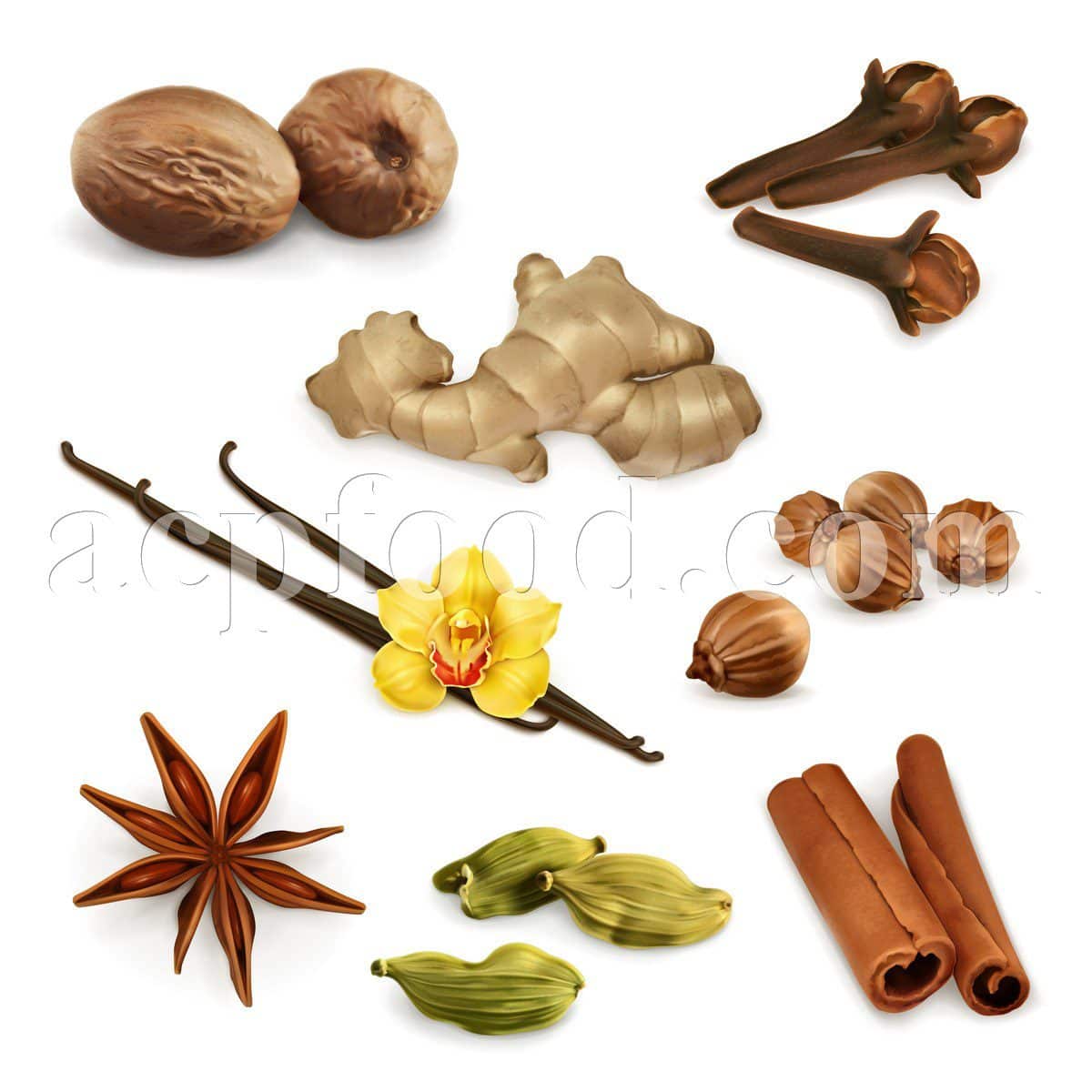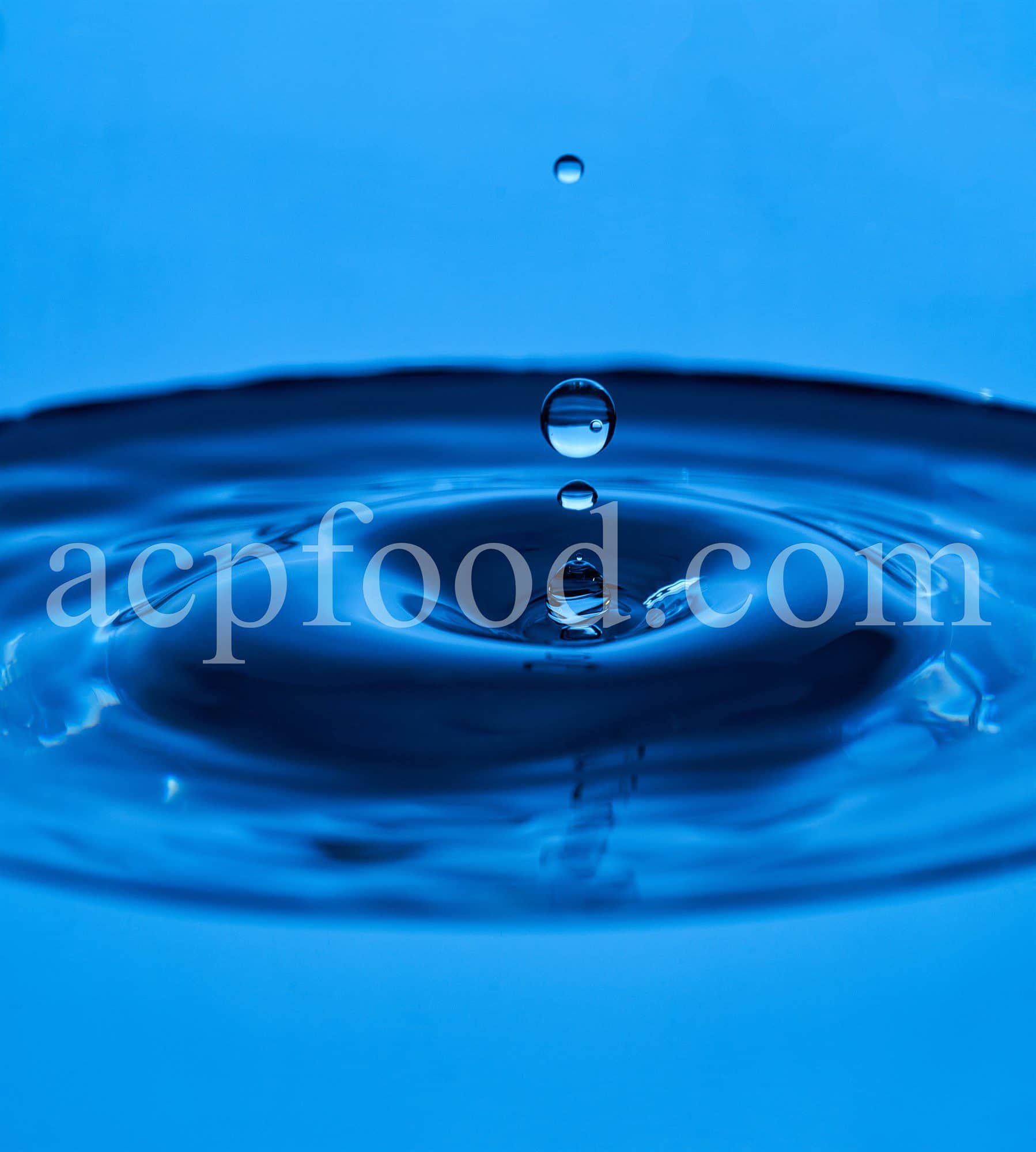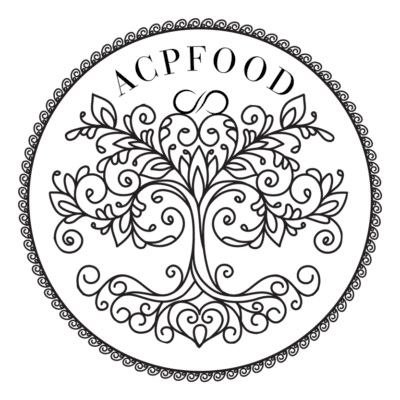Persian Traditional medicine considers people’s temperament to make any decision, whether it is related to their treatment or diet. One of the most well-known types of temperament is Phlegmatic.
In this article, we will get acquainted with the concept of temperament and phlegmatic temperament, as well as their characteristics. After reading this article, you can almost guess whether your temperament is phlegmatic or not? It is necessary to consult a Persian traditional medicine specialist to diagnose the temperament correctly.
What Is The Meaning Of Temperament?
Temperament literally means to blend. Each compound is composed of all four elements (fire, air, water, and earth), and the difference in the amount of these elements in the objects distinguishes them from each other and causes them to have different temperaments. The amount and ratio of each of these elements will determine the temperament of the compound. For example, in phlegmatic people, the element of water prevails over other elements.
Also read it: Temperaments In Persian Traditional Medicine
Types Of Temperaments
Human temperament is divided into two general categories:
- Inborn temperament (congenital): this is the temperament with which a person is born.
- Acquired (incidental) temperament: incidental temperament is created by a change in inborn temperament. These changes can be caused by factors such as season, age, gender, place of residence, mental and psychological states, and so on.
Important note: The criterion for identifying a person’s temperament is her or his inborn temperament, so the following information are related to this type of temperament.
What Are Humors
we have 4 kinds of fluids which are secreted inside the body.
- Choler or yellow bile (Choleric temperament– hot and dry). Element= Fire
- Blood (Sanguine temperament– hot and moist). Element= Air
- Phlegm (phlegmatic temperament- cold and moist). Element= Water
- Black bile (melancholic temperament– cold and dry). Element= Earth
Humors influence health, disease, temperament, and personality. For example, in Phlegmatic temperaments, phlegm humor is secreted more than someone with Choleric temperament. Or in Melancholic temperaments, black bile humor is secreted more than someone with Sanguine temperaments.
If the balance between the humors and their quantity or the quality of each is disturbed, it causes disease in the body, or in other words, it causes one humor to dominate the others in the body, which must be treated.
Phlegmatic Temperament
Phlegm is part of the body’s immune lymphatic system and is made of water. That is why Phlegmatic people have cold and moist temperament. What are the characteristics of phlegmatic people? The way to diagnose a person’s temperament and phlegm is usually to observe the appearance and physical characteristics of the person.
Phlegmatic people have light skin color and blond hair. Their skin is cool, smooth and shiny. That’s why sometimes due to high skin moisture, their skin wrinkle especially under the eyes and throat. Excessive production of saliva, soft and floppy body muscles, and constant heartburn and stomach acid reflux are common characteristics of phlegmatic people. Another way to diagnose them is that they have fat belly and sides.
Also read it: Hair Loss in Traditional Iranian Medicine
They usually have a bulky and large body and their body structure is made more of fat (compared to muscle tissue). These people gain weight very quickly and when someone touches them, they notice that they are colder than usual. Other signs include bloating and having cold stomach. Visual impairment is sometimes caused by cold and moist temperaments, which is why these people generally wear glasses.
Excessive sweating is another sign. These people feel very uncomfortable in cold weather and they have cold sweats in hot weather. They sleep too much. Eating yogurt makes them feel bad, and it aggravates their usual state of oversleeping, memory loss, pale morning urine, and tongue with degenerated villi and sometimes covered by white tartar.
Basically, their diseases increase in winter. Premature physical fatigue and having wet hands and feet. Cross-sectional and regional pain in the lower back, legs, and knees.
The place of accumulation of cold in the body variable in phlegmatic temperament. Sometimes this cold may manifest itself in the back and cause rheumatism. The predominance of phlegm in the body’s digestive system can also cause the abdomen to enlarge and increase appetite. Cold stomach also causes delayed digestion of food, bloating, and burping. Bad breath may also be a result of coldness in the stomach.
Also read it: Stomach Coldness and Its Treatment
The Characteristics Of Phlegmatic People
|
 |
|
Also read it: Foods Temperament
 |
The Symptoms Of Phlegm Humor DominationWhen there is phlegm domination on a person, the tongue tends to turn white, the person feels cold, and all or some of the following conditions can be seen on the person:
|
- Excessive urination
- Physical weakness
- Urination with pressure
- stomach ache
- Colic, pain in the back, neck and shoulders
- Back and neck muscle spasms
- Knee pain and leg pain
- Parkinson’s disease
- Vitiligo
- Gout
- Shortness of breath
- Heart palpitations, especially when getting up
- Profuse cough with sputum
- Bladder weakness
Also read it: Traditional Medicine Provisions For Heart Palpitation
Treatment of Phlegm Domination
|
 |
- In general, eating spices with hot temperament can help in expelling phlegm. These spices include cardamom, cinnamon, ginger, cumin, saffron, ajwain seed, garlic, shallot, and mustard.
- Celery, mint, basil, parsley, tarragon, savory, cabbage is used for this purpose. Also, other items such as asparagus, chickpeas, Indian walnut, Alyssum seed, pumpkin, lemon, and wheat have many benefits.
- As you know, drinking too much black tea is one of the mistakes that many people do these days. Instead of using this, you can use herbal teas such as cinnamon, cardamom, orange blossom, lavender, sage, rosemary, saffron, quince, lemon verbena, and echium amoenum, which are very useful for treating phlegm domination.
- Use natural laxatives. A number of plant seeds have laxative properties and are used for treatment in traditional medicine. These seeds are used for remove excessive phlegm: basil seeds, Alyssum seed, flixweed, and broadleaf plantain seed.
- One of the things that increase phlegm and black bile in bodies which are prone to these humors is eating speed. Eating food quickly can increase phlegm and black bile, which is harmful to the body.
- Do not sleep quickly after eating food, especially lunch, because this will increase phlegm.
- People with phlegmatic temperament is better to eat a spoonful of honey before going to sleep. Also, these people can eat 14 pistachios daily for 14 days.
- Having sunbath everyday for 15 minutes.


